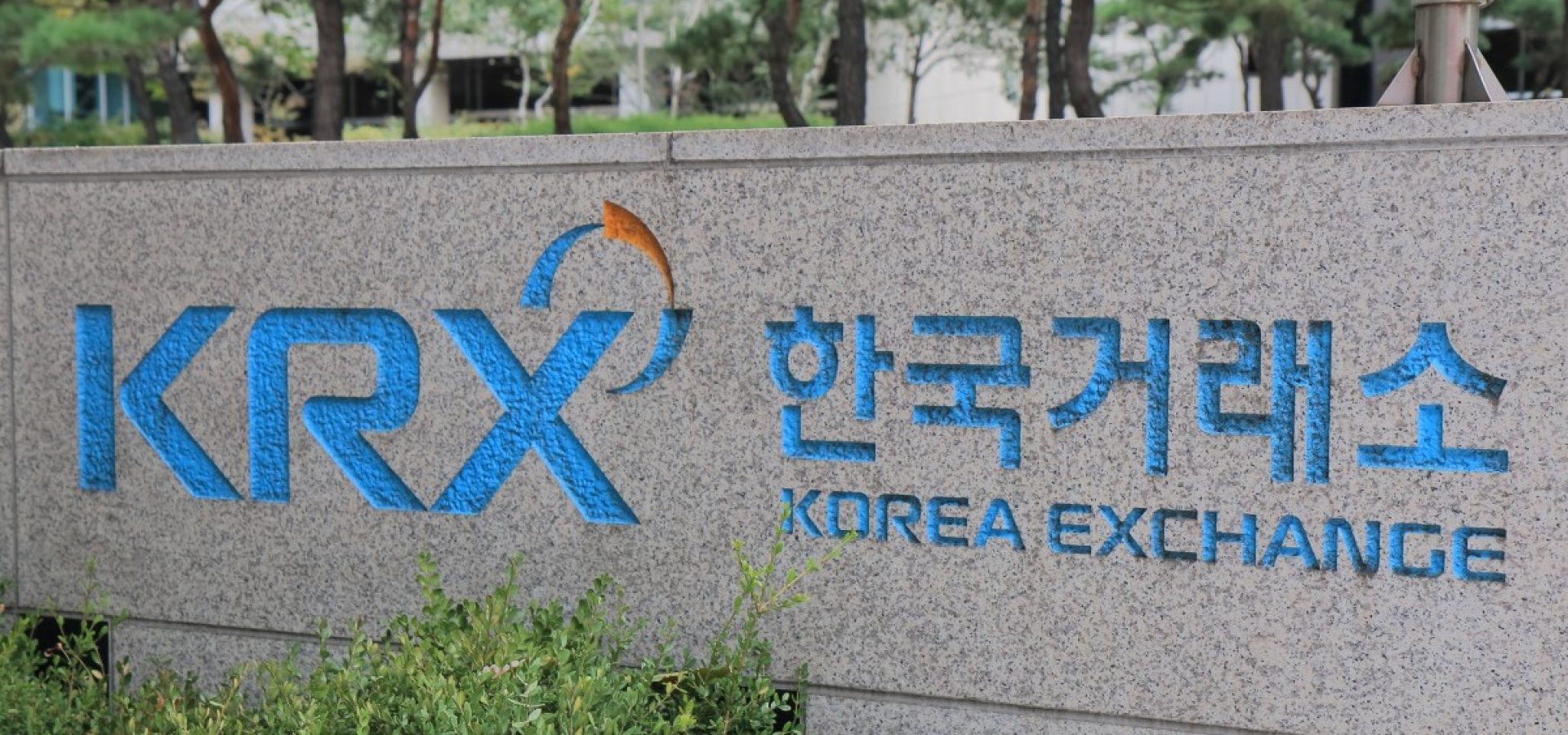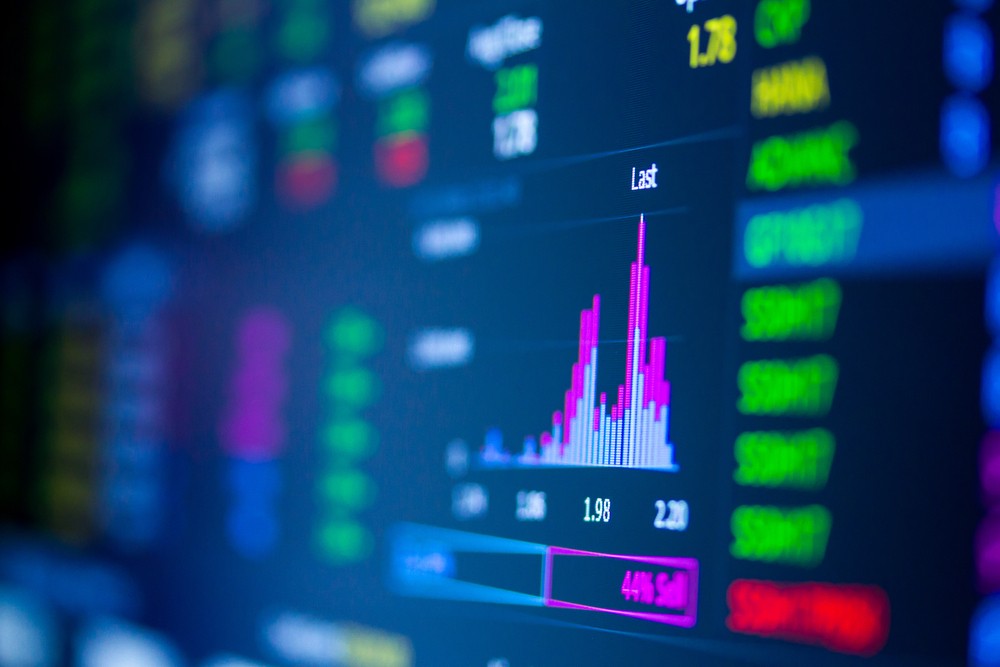There are numerous factors that may affect stocks across the world. Tensions between the largest economies fall under this category. Two days ago, U.S. President Donald Trump said he believed that a “mistake” in China was the cause of the spreading coronavirus pandemic. However, he did not present any evidence to support his claim.
Meanwhile, the number of confirmed cases surpassed 3.5 million. The U.S. has the largest number of cases.
Unfortunately, the coronavirus crisis is already a big problem for the global economy. However, tensions between the largest economies may create additional pressure on the economy.
The trade war that started in 2018 was a huge problem for the global economy. Hopefully, in January of this year, the U.S. and China signed the partial trade deal. However, the trade war is not over, as there are other issues that China and the U.S. should solve in the future. As stated above the coronavirus pandemic reignited tensions between the countries. As a result, tensions affected stocks in Asia.
Stocks and tensions between the U.S. and China
It is worth noting that, major regional markets were closed for holidays on May 4. Nevertheless, markets in Hong Kong, South Korea Australia, and Singapore worked as usual.
Hong Kong’s Hang Seng index dropped 4.18% to close at 23,613.80 with the shares of the Chinese tech giant Tencent fell 4.08%.
Moreover, South Korea’s Kospi index fell 2.68% to end its trading day at 1,895.37. Also, Singapore’s Straits Times index dropped 2.15%.
Importantly, markets in China, Japan, and Thailand were closed on May 4 for holidays.
However, Australia’s S&P/ASX 200 defied the overall trend to close 1.41% higher at 5,319.80. Shares of major bank Westpac gained 2.8%. Shares of Westpac rose on May 4 despite the fact that profit fell in the first quarter of 2020.









COMMENTS